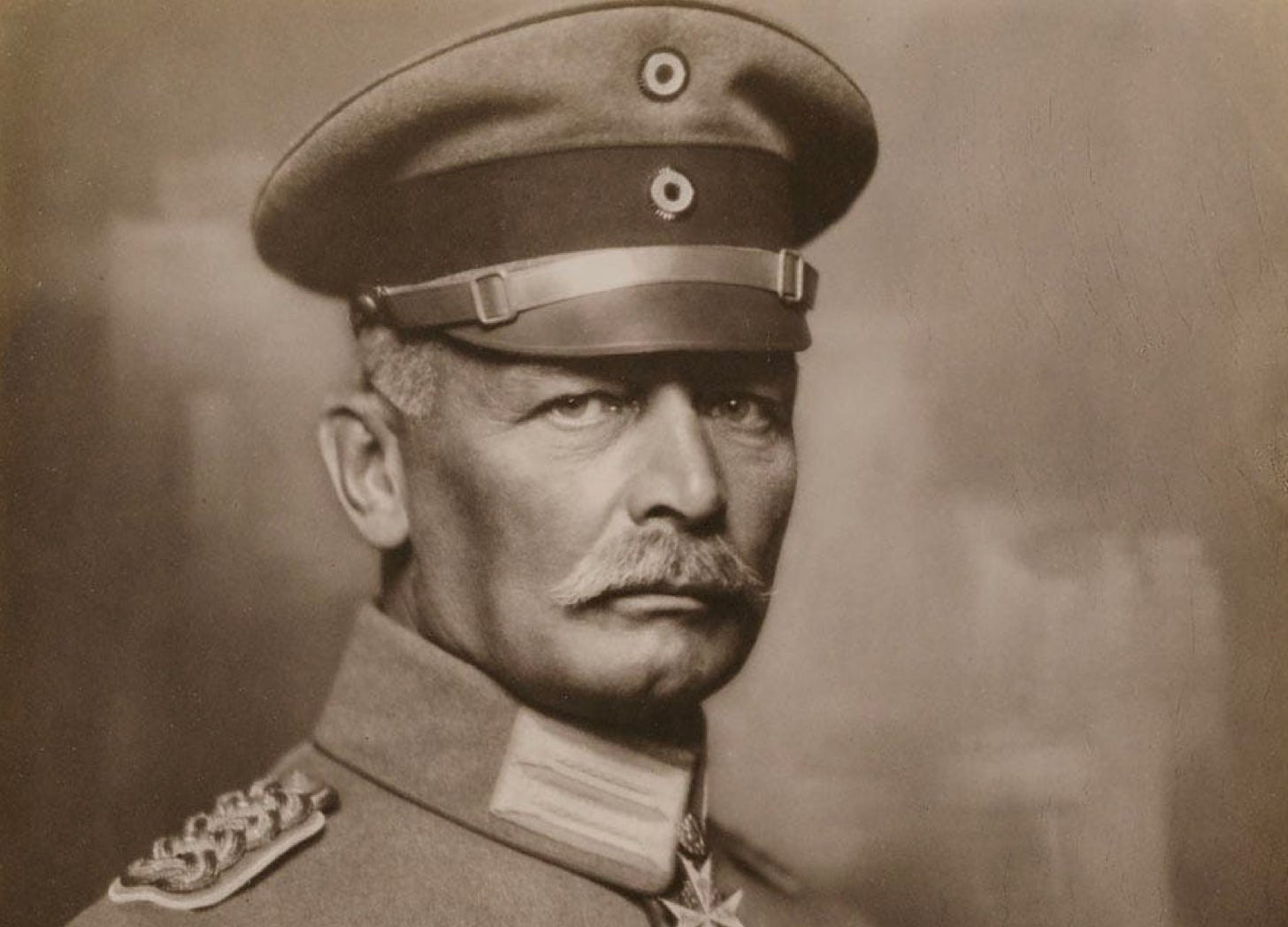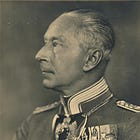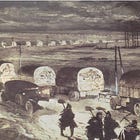Attrition at Verdun (Part I)
The German Army of World War I
Sometime in 1915, Erich Falkenhayn, then serving as chief of the general staff of the German forces in the field, embraced a remarkable idea. Under the right circumstances, he had come to believe, field artillery could kill so many soldiers that the state they served would be forced to sue for peace.
Falkenhayn first promulgated this vision in mid-December of 1915, at a meeting of generals commanding field armies and their chiefs of staff. His talk began with an overview of what he called the “military-political” situation. Economic conditions in Germany, while not good, were under control. Russia, thanks to the successful Austro-German offensives of 1915, posed no immediate danger to either Germany or her allies. Neither did the most recent entrants into the anti-German alliance, Italy and Rumania. Serbia’s army had been “annihilated” and any hope of Allied help had been dashed by the failure of the Anglo-French operation at Gallipoli. The major threat to Germany, Falkenhayn concluded, lay in the western alliance of France and the British Empire.
The weakest link in the western alliance, Falkenhayn continued, was France. A strong blow against the French army in the west would put stress on the “internal weaknesses” of the French nation and convince the French people of the uselessness of continuing the war. Falkenhayn therefore asked each army commander to explore suitable areas for attack within their respective sectors. Follow-up conferences between Falkenhayn and the chiefs of staff of field armies took place during the last two weeks of December (1915) and the first week of January (1916).
In the course of these conferences, Falkenhayn repeatedly expressed his belief that the goal of the upcoming German attack should not be the seizure of any particular piece of terrain. It was not to be another attack “with limited objectives. Neither was it to be an attempt at achieving a breakthrough. Rather, the goal of Falkenhayn’s proposed attack was to be direct attrition: the “bleeding out” (Ausblutung) of the French army.
For Further Reading:
To Share, Support, or Subscribe:








